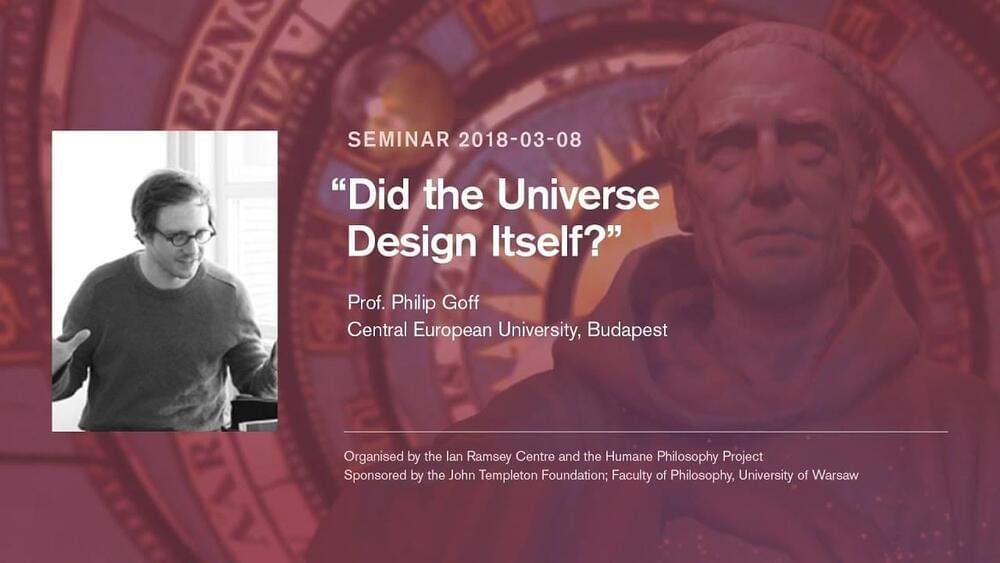There are a number of constants in the basic laws of physics and initial conditions of the universe that are such that, for life to be possible, the values of those constants needed to fall in an exceedingly narrow range. Many scientists and philosophers think there must be an explanation of why, of all the values they might have had, these constants have precisely the values needed in order for life to be possible. There are deep difficulties with both of the standard explanations of this ‘fine-tuning’ of the laws of nature: theism and the multiverse hypothesis. I will argue that if one adopts a certain form of panpsychism, one can explain the fine-tuning in terms of the mental capacities of the universe, and that this constitutes a significantly less problematic and significantly more parsimonious explanation of the fine-tuning.
Philip Goff is Associate Professor in philosophy at the Central European University in Budapest (a unique and wonderful institution). His main research interest is consciousness, although he also has a sideline in political philosophy (taxation, globalisation, social justice). He recently finished his first book, Consciousness and Fundamental Reality (published with Oxford University Press August 2017), which argues against materialism and defends panpsychism. He is now working on a book on these themes aimed at a general audience. He has written for The Guardian and Philosophy Now, and writes a blog at www.conscienceandconsciousness.com. www.philipgoffphilosophy.com @philip_goff
